Benefitting the future self by embracing new opportunities
In an interesting TED Talk which she gave some years ago, Psychologist, Meg Jay, suggested that it was a great time for people in their 20’s to have a conversation with their future self. She was echoing philosopher, Derek Parfit, who believed that we neglect our future selves because of some sort of failure of belief or imagination.
When we are young it can be difficult to imagine that you can become 35 and hence difficult to care about a version of ourselves that we have not met yet. There is value in getting to know your future self because when we spend time connecting with that person we can do some reverse engineering and we start to ask our present selves questions about how our present and our future can come together.
As Meg Jay suggests, thinking about our future selves allows us to be kinder to ourselves and to delve more into the development of our personal identities and values.
Strategies for Year 8s in preparing for Howqua
I would like to consider this concept of having a discussion with our future self from the perspective of our Year 8 students. At this time, the girls have begun their preparation for the Howqua year in 2022 and I believe that they should be asking themselves some future-focused questions.
- At the end of Year 9 what skills and attributes will I have developed that can be useful throughout the rest of my school life?
- What strengths will my friends and peers see in me because I have taken up every opportunity at Howqua?
- How will I use my connections with peers to support all of us in the coming years?
- What qualities will I have developed that make me a better friend?
- What things about myself will I have taken steps to change in order to be a better version of myself?
- What will I know about myself that I did not know before?
Our Year 8 students are presently focused on the present which does not enable them to see how they and their peers will change and grow. We tend to lock onto those things over which we currently have no control. For example, many girls worry about their House mates and do not consider that at the end of 2022 each girl in the House will have matured and demonstrated qualities which may not have been evident before. Everyone in that House will have learnt new skills for managing themselves and others in all sorts of situations.
Future focused questions for Year 10s
Our year 10 students could also be considered in this concept of having a discussion with our future self. Our Year 10 students and their families have been considering subject selections and courses for Years 11 and 12. There would be benefit in asking some future focused questions.
- At the end of Year 12 what skills and attributes will I have developed that can be useful for tertiary studies and life after school?
- How will the connections that I have made with my peers, teachers and other adults be of value to me at the conclusion of my senior studies?
- How will the co-curricular activities I have participated in help me as I consider living in a university college, interviewing for scholarships and internships, being offered special programs at the tertiary institute I will be attending?
- What will I know about myself that will help me in life after school?
- What are my strengths and how can I use these in my future studies, career choices and life choices?
Preparing for a non-linear career path
I have written about Sarah Ellis and Helen Tupper before and their work on helping people to understand that a squiggly career path as opposed to the traditional career ladder is more appropriate for the world in which we live.
They argue that while the squiggly career is both full of uncertainty it is also filled with possibilities. Career ladders which were created in the 1990’s are too conforming and limiting. By taking the opportunities available to us in our working lives, we may not make linear progress through promotions, but we will have more options, better able to use our strengths, have opportunities to learn and re-train and ultimately, develop skills and attributes required for the future where we will have a number of different jobs in a number of different industries.
Opportunities at Lauriston to walk a squiggly line
I would like to suggest that the squiggly career overlay is also a useful reference point for our students. There is enormous value in our students involving themselves in all of the opportunities available at Lauriston. While students may have an interest in one or more sports, there is the opportunity to build another set of skills by participating in debating and public speaking, or being part of a choir, or a club.
Each activity enables girls to build different skills and develop broader knowledge and understanding. This is one reason that we value all of our co-curricular activities because we want the girls to try different things. Howqua provides another set of unique opportunities to try activities previously not considered.
“There is no straight path to achieving our goals and we all need to consider a more squiggly path that will offer new learnings and new skills.”
Thus the concepts of non-linear pathways and having a conversation with our future selves well before we reach our 20’s are convergent. These conversations will allow each individual to think about what they want in the future and hence looking for new opportunities to explore when we are at school will broaden our view of who we are and what we most want from life.
Susan Just, Principal
SHARE THIS ON

